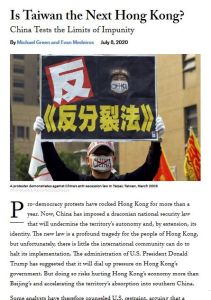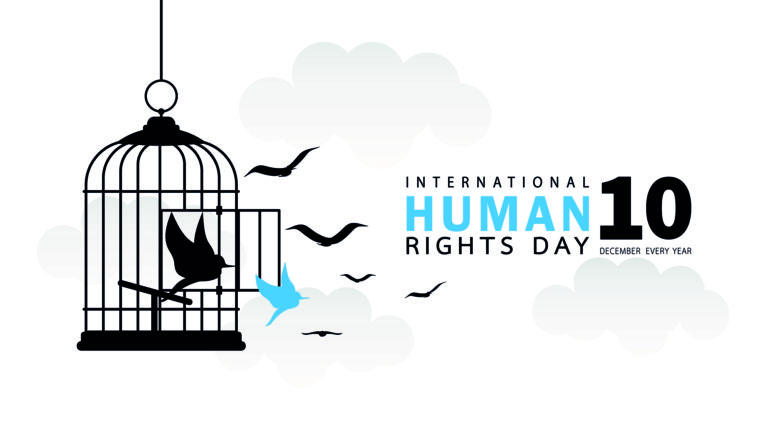Join getAbstract to access the summary!

Join getAbstract to access the summary!
Michael Green and Evan Medeiros
Is Taiwan the Next Hong Kong?
China Tests the Limits of Impunity
Foreign Affairs, 2020
What's inside?
China may draw the wrong conclusions if America fails to respond adequately to its overreach in Hong Kong.
Recommendation
Following months of unrest in Hong Kong, China imposed a new security law that allows it to crack down on pro-democracy protesters and expand the Chinese Communist Party’s control over the city. President Trump may yet punish China for its overreach, but, as Asia experts Michael Green and Evan Medeiros argue, the stakes are higher than many US policymakers seem to grasp. By failing to take strong action, America may embolden China to make even riskier moves in locales like Taiwan. The authors suggest ways the United States can sensibly counteract Chinese aggression in Hong Kong and elsewhere.
Summary
About the Authors
Michael Green and Evan Medeiros are Professors of Asian Studies at Georgetown University. Green served as Senior Director for Asia at the National Security Council from 2004 to 2005; Medeiros occupied the position from 2013 to 2015.


















Comment on this summary